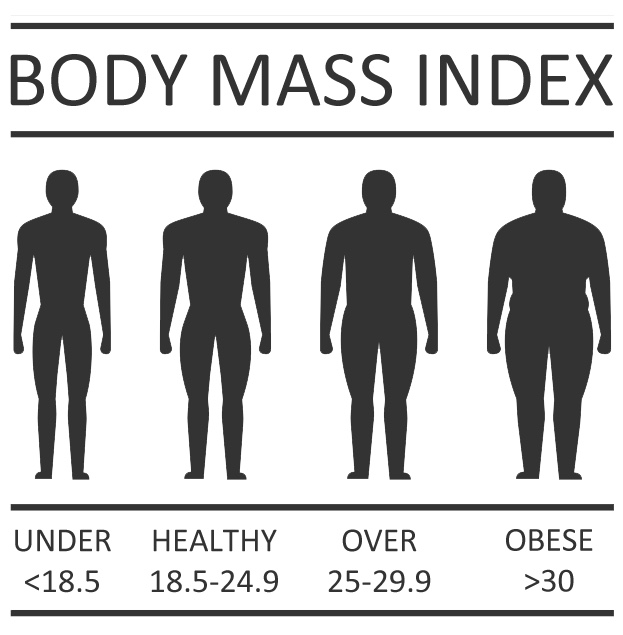What is BMI?
Grassroots Gazette
Edition 4
What is BMI? Is it important? Are there other ways to detect obesity?
BMI (Body Mass Index) is used as a screening tool to indicate whether a person is underweight, overweight, obese or a healthy weight for their height. BMI is your weight in kilograms divided by height in meters squared (kg/m2).
For example, if you are a 5’7” female that weighs 150 lbs then your BMI would be 23.5. This places you on the upper end of the normal range.
It should be noted that most major athletes are actually considered overweight or obese according to their BMI. Tom Brady, for example, has a BMI of 27.9, which puts him in the overweight range. Cam Newton of the Carolina Panthers has a BMI of 29 also putting him in the overweight, almost obese category.
So how accurate is BMI testing? Let's start by saying that BMI is an easy and effective tool for measuring certain populations and categorizing them in a specific category. It is not an accurate tool for measuring fat or muscle percentage. It is simply an equation that works for most people, however not for all. One must consider bone density, body frame, and muscle mass. Think of BMI as a quick guideline.
One study showed that 8-10% of the population is labeled obese when in fact they are not. Another 30-40% is labeled healthy when in fact they are overweight or obese.
BMI is more of a screening tool than a diagnostic test. If your BMI is not in the average range then more tests need to be run to appropriately determine your risks of obesity. Such tests can include the Skinfold test, Bioelectrical Impedance, Hydrostatic Weighing, DEXA (Dual-Energy X-Ray Absorptiometry) and a 3D Body Scan. The test above more accurately measure a person's fat percentage.
BMI does not take into account the difference between fat and nonfat mass such as bone and muscle as well as the changes in body composition that occur over time and with age.
In short, BMI is a short and effective way of gathering quick information, however other variables and tests may be needed to make sure you are in the healthy range or if your body is carrying to much load. Too much load including too much fat and too much muscle (IE Bodybuilders) can lead to the following complications:
Joint and muscle pains
Decreased Energy
Increase in Blood Pressure
Increased stress on the heart
Risk of developing type 2 diabetes
If you are concerned about your overall fat percentage and want more accurate testing then talk to your doctor about the many available options. In the meantime, be happy and healthy.
Sources Include: Popularscience.com, nature.com, Time Magazine, NASM, Medical News Today

